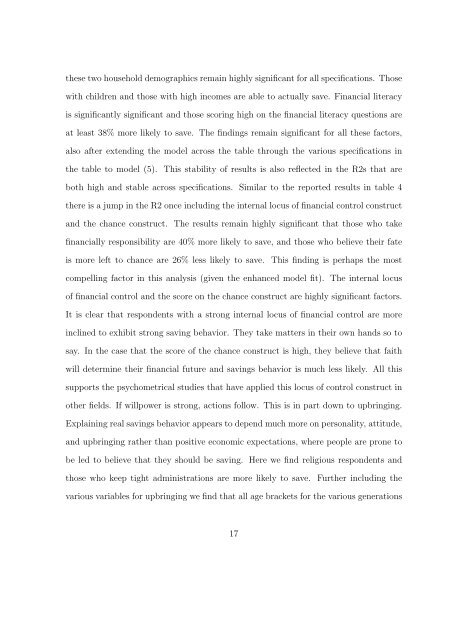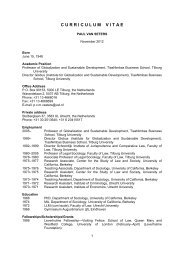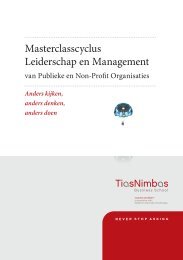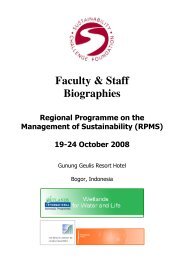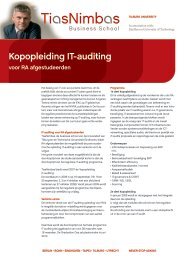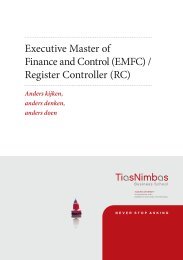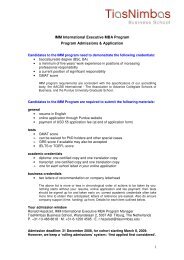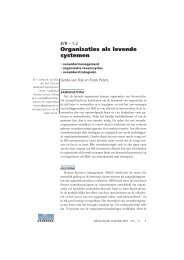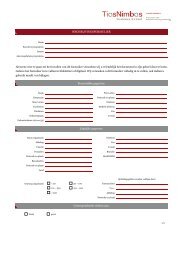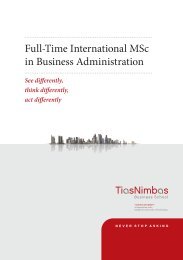Financial Responsibility, Personality Traits and Financial Decision ...
Financial Responsibility, Personality Traits and Financial Decision ...
Financial Responsibility, Personality Traits and Financial Decision ...
Create successful ePaper yourself
Turn your PDF publications into a flip-book with our unique Google optimized e-Paper software.
these two household demographics remain highly significant for all specifications. Those<br />
with children <strong>and</strong> those with high incomes are able to actually save. <strong>Financial</strong> literacy<br />
is significantly significant <strong>and</strong> those scoring high on the financial literacy questions are<br />
at least 38% more likely to save. The findings remain significant for all these factors,<br />
also after extending the model across the table through the various specifications in<br />
the table to model (5). This stability of results is also reflected in the R2s that are<br />
both high <strong>and</strong> stable across specifications. Similar to the reported results in table 4<br />
there is a jump in the R2 once including the internal locus of financial control construct<br />
<strong>and</strong> the chance construct. The results remain highly significant that those who take<br />
financially responsibility are 40% more likely to save, <strong>and</strong> those who believe their fate<br />
is more left to chance are 26% less likely to save. This finding is perhaps the most<br />
compelling factor in this analysis (given the enhanced model fit). The internal locus<br />
of financial control <strong>and</strong> the score on the chance construct are highly significant factors.<br />
It is clear that respondents with a strong internal locus of financial control are more<br />
inclined to exhibit strong saving behavior. They take matters in their own h<strong>and</strong>s so to<br />
say. In the case that the score of the chance construct is high, they believe that faith<br />
will determine their financial future <strong>and</strong> savings behavior is much less likely. All this<br />
supports the psychometrical studies that have applied this locus of control construct in<br />
other fields. If willpower is strong, actions follow. This is in part down to upbringing.<br />
Explaining real savings behavior appears to depend much more on personality, attitude,<br />
<strong>and</strong> upbringing rather than positive economic expectations, where people are prone to<br />
be led to believe that they should be saving. Here we find religious respondents <strong>and</strong><br />
those who keep tight administrations are more likely to save. Further including the<br />
various variables for upbringing we find that all age brackets for the various generations<br />
17


